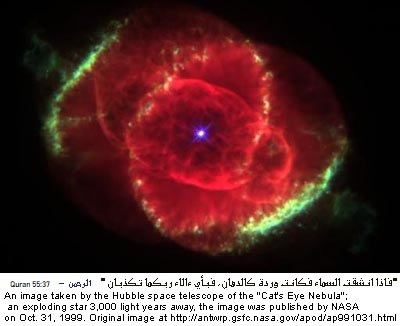two days ago, while browsing the contents of Hebrew books in Google I came across an interesting document which is called Zohar (perhaps some of you did heard about it before since it is commonly known in Jewish literature). The author of the original work was a 2nd-century Rabbi named Shimon bar Yohai. Generaly speaking, this work include a commentary on the mystical aspects of the Torah and scriptural interpretations as well.
I simply typed in Hebrew נביא אחמד בישעיהו (i.e. prophet Ahmed in Isaiah) and it suddenly showed up to me a 1559 edition of Zohar by Vicenzo Conti.
The text however, is writen in difficult and obscure way (even scholars has observed). There is an abvious error in בעהיק where ת was wrongly mistook as ה
You can put this Hebrew text into Google translator if you wish.
Link: https://books.google.pl/books?id=O3zTOfAWdagC&pg=PT635&dq=%D7%91%D7%94%27%D7%91%D7%A2%D7%94%D7%99%D7%A7+%D7%99%D7%95%D7%9E%D7%99%D7%9F+%D7%90%D7%97%D7%9E%D7%93+%D7%93%D7%94%D7%90+%D7%94%D7%95%D7%90+%D7%97%D7%93%D7%95%D7%95%D7%AA%D7%90+Sim%C3%A9on+bar+Yohay&hl=pl&sa=X&redir_esc=y#v=onepage&q=%D7%A2%D7%9C%D7%9A%20%D7%95%D7%AA%D7%90%D7%A0%D7%90%20%D7%9E%D7%90%D7%99%20%D7%93%D7%9B%D7%AA%D7%99%D7%91%20%D7%A9%D7%95%D7%A9%20%D7%90%D7%A9%D7%99%D7%A9%20%D7%91%D7%94%27%D7%91%D7%A2%D7%94%D7%99%D7%A7%20%D7%99%D7%95%D7%9E%D7%99%D7%9F%20%D7%90%D7%97%D7%9E%D7%93%20%D7%93%D7%94%D7%90%20%D7%94%D7%95%D7%90%20%D7%97%D7%93%D7%95%D7%95%D7%AA%D7%90%20%D7%99%D7%A9%D7%A2%D7%99%D7%94%20%D7%A1%20%D7%A0%20%D7%93%D7%9B%D7%9C%D7%90%20%27%D7%94%D7%90%D7%91%D7%90%20%D7%91%D7%A9%D7%A2%D7%97%D7%90%20%D7%93%D7%90%D7%AA%D7%A0%D7%9C%D7%99%20%D7%AA%D7%90%D7%99%20%D7%90%D7%95%D7%A8%D7%97%D7%90%20%D7%93%D7%93%D7%99%D7%A7%D7%A0%27%D7%93%D7%A2%D7%AA%D7%99%D7%A7%20%D7%99%D7%95%D7%9E%D7%99%D7%9F%20%D7%9B%D7%9C%D7%97%D7%95%20%D7%9E%D7%90%D7%A8%D7%99&f=false
Unfortunately, I 'am not able to understand all of the Hebrew text, since as I've said it is written in a difficult way, but I can recognize the words: כתיב (it is written), בה' בעהיק יומין (through/by him in ancient of days), אחמד (ahmad), ישעיה (Isaiah), and כלחו (sent ?). Now, it is interesting to note that the two expressions תיק יומין in the entire Old Testament appears only in Daniel 7:9 and 7:13 in connection with the Son of Man (literally = ben Adam = Son of Adam) who was to be presented before the Throne of God (Luke 2:52: GOD forgave Jesus' sins and was "charitable" with him). It can be only prophet Mohammed (pbuh) and no one else! So, the fact of using such specific words standing together is a curious indication that could reveal the shocking truth behind this Zohar book which according to some scholars is the same book that was disappeared 1,800 years ago, and after long time was discovered in Spanish in 13th cent.
Sounds exciting isn't ? For this reason I have asked a Rabbi Ben Abrahamson to help us explain what the text says, I'am waiting for his answer.
Also, if you type מחמד (Mohammed) it will suprisingly show one result, and it is in ספר דברים (Deuteronomy) ! Subhanallah!
The natural reaction of a typical Jew or Christian who hates any relationship with Islam and Prophet Mohammed (pbuh) in their scripture will be that: he will try to disprove the authenticity of any document which can testify to the prophethood of Mohammed and reliability of his advent from the Bible in general. Perhaps that's why aroused so much controversy around this document between Jewish and Christian scholars. Those who dislike Islam, when read this Zohar book, begin to understand that these words אחמד and מחמד makes a danger allusion to the Arabic names Ahmed and Mohammed, and they are afraid that in the near future some Muslim will find it. It is quite possible.
I will write more about this topic insha'Allah when I'll get new info.
Take care, and salam
Ahmed (Poland, Warsaw)













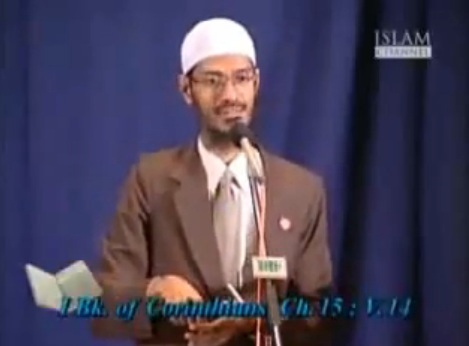
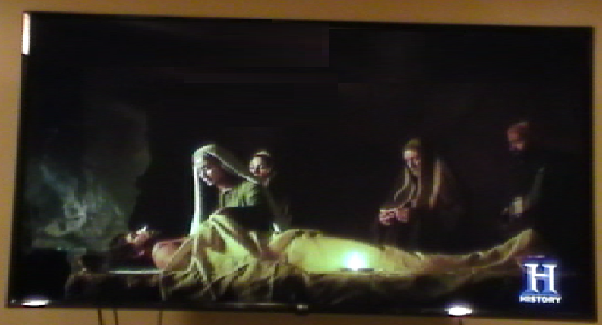


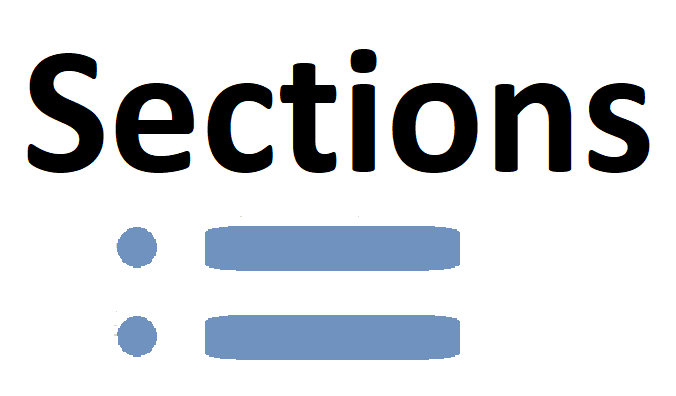

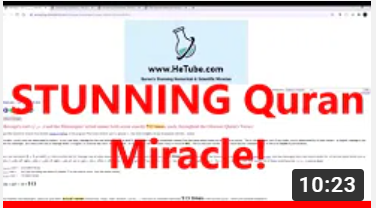
.jpg)

